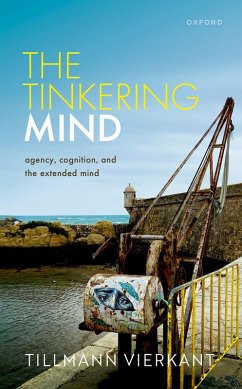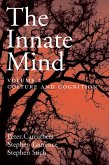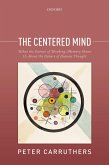Epistemic agency is a crucial concept in many different areas of philosophy and the cognitive sciences. It is crucial in dual process theories of cognition as well as theories of metacognition and mindreading, self-control, and moral agency. But what is epistemic agency? The Tinkering Mind argues that epistemic agency has two distinct and incompatible definitions. It can be simply understood as intentional mental action, or as a distinct non-voluntary form of evaluative agency. The core argument of the book demonstrates that both definitions lead to surprising and counterintuitive consequences. If epistemic agency is a form of intentional action, then this implies that the radical theory of extended cognition has to be true. If, on the other hand, epistemic agency is not intentional action but evaluative agency, then intentional epistemic actions like deliberation are not truly cognitive but merely catalytic. Once established, the distinction between these two options sheds new light on various and diverse philosophical and psychological debates from dual process theories to debates on choice and self-control.
Dieser Download kann aus rechtlichen Gründen nur mit Rechnungsadresse in A, B, BG, CY, CZ, D, DK, EW, E, FIN, F, GR, HR, H, IRL, I, LT, L, LR, M, NL, PL, P, R, S, SLO, SK ausgeliefert werden.









